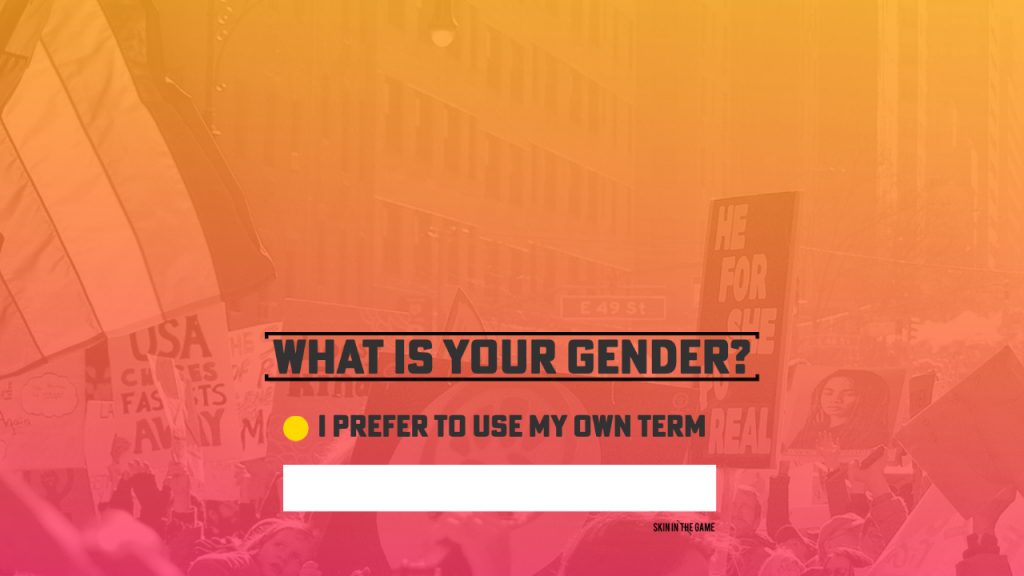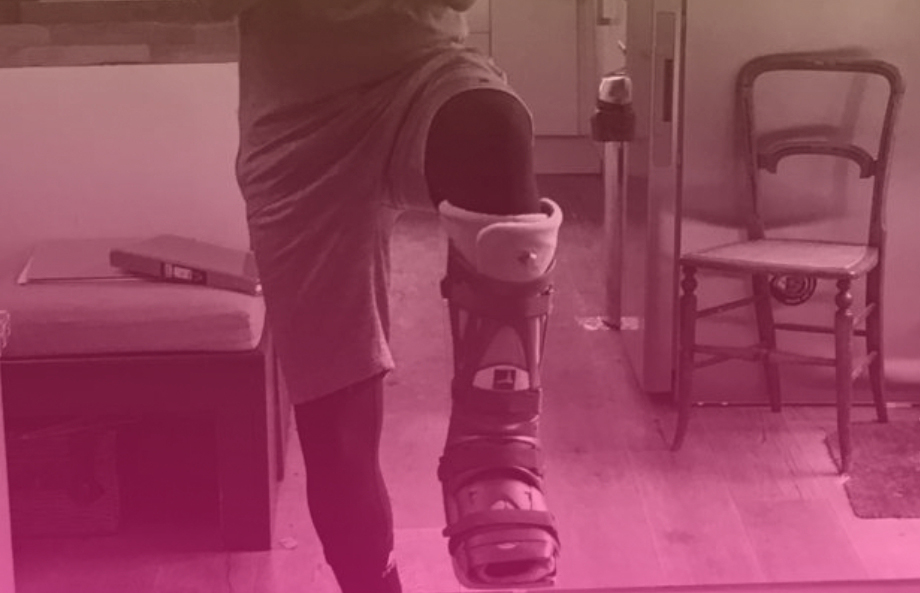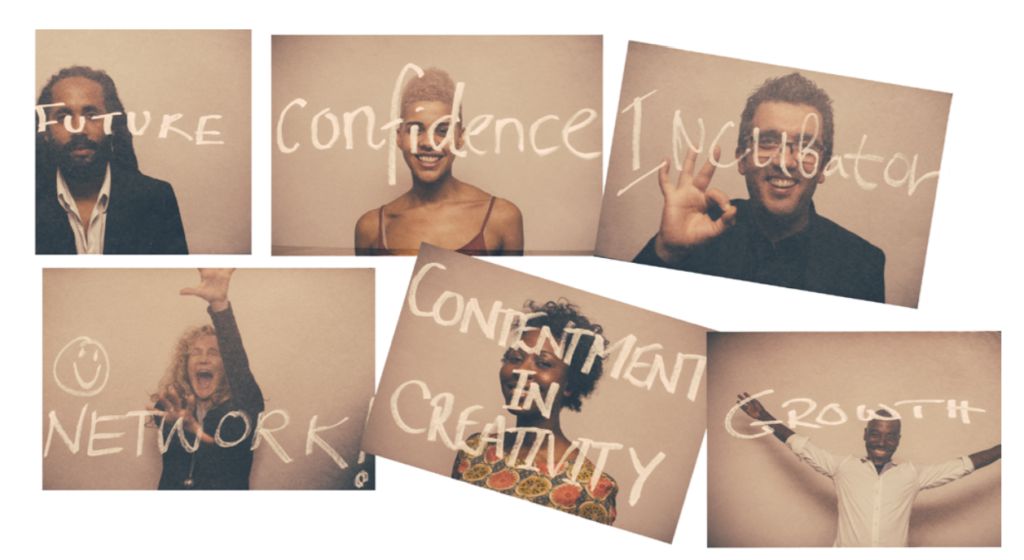A few weeks ago I shared post on my LinkedIn, exploring the concept of racial fluidity. This sparked quite a lot of interest and there were some stimulating responses, so much so that I am organising an informal group discussion about it in late February / early March. Here’s the LinkedIn post:
“There is an increased presence of identity politics in my life. I have noticed my response to the language of gender fluidity and my resistance to the use of new pronouns. I want to do the work to understand my emotional resistance to it and shake it off.
I find it helpful to see gender fluidity through the lens of race. The concept of racial fluidity has formed – maybe, as with gender, racial identity is part of a spectrum?
Whether we define gender as biological, physical, cultural or emotional states of being, it is obviously fluid. Similarly, if we define race by these measures, it must also be fluid.
If an NHS form can offer ‘I prefer to use my own term’ for gender and sexual orientation, why not for race? If you have resistance to this idea then perhaps, like me, you have work to do too? ”
Here is a comment thread between Akin and me:
Akin: Our ‘common values’ are currently in flux. Also our society is less monolithic ( certainly cultural, socio-political and religious) than it was say, a hundred years ago. So, pretty much everything is up for grabs. This is the one of the reasons why our society is currently divided. When Neitzsche said “God is dead”. It seems he meant it as a warning of the consequence of the loss of a common ‘beacon’, but what we heard instead was a celebration. Potentially, racial fluidity might be the next battle ground 5-10 years from now. When I say racial fluidity, I mean ‘self identifying’ as a different race to the race that you were born. That’ll be fun! My personal question is as a society, who is in the driving seat of our common values and who is navigating? This is crucial as our values is what binds us together. My fear is that It is always tends to be the same small pocket of people who control what we see, when we see it and how we see it. They are the new clerics.
Me: ….Part of racial fluidity is ‘self identifying’ as a different race. But for me it’s also about just us acknowledging racial fluidity as a reality, whether we choose to self identify or not. I.e. that most of us, in one way or another, sit on the spectrum between ‘black’ and ‘white’. My last post ‘Letter To My 16 Year Old Self’ illustrates this. I’m wondering if a general acceptance of racial fluidity, as a fact of life, would have allowed me (and others) a more ‘free’ (comfortable) process for exploring racial identity; one that would be less driven and navigated by others and as a result less loaded with shame. Just a thought. Thanks for your response.
Akin: but ‘racial fluidity’ isn’t a fact of life (unless we make it one. Again, what do we define as race? ). People are bi-racial, tri-racial. Thats a fact of life. Could you Kevin self identify as Chinese? I am not sure. Esp If you don’t have any Chinese admixture and ancestry. Again, we aren’t the total sum of reality. We are a part of society and are a reflection of society at that point in time. Every society has its own quirk. Where I grew up in Nigeria, a white person who is fully absorbed into the culture and speaks the language would be pretty much considered African and Black and treated as such, knowing that the acceptance is not in any way erasing their ‘whiteness’. They do not swap one race for the other, or jump between races They are fully adopted in one, while ‘retaining’ the race of birth.
Me: Yes, it does depend on how we define race, which is a whole debate, as definitions change from place to place. For that reason, I mainly speak about the UK / European experience which I know. I was using the criteria for race mentioned in my original comment and which I think, apply to gender ID. The criteria are up for debate. My assertion is if they apply to gender they also must apply to race. And if gender fluidity is a fact of life in the UK then so must racial fluidity. That said, you example of how things operate in Nigeria is really interesting and would perhaps prevent the need for race fluidity as a concept, as people are just accepted whatever their colour, heritage etc if they naturally assimilate. This approach would probably be the ideal. I can see how it would happen in Nigeria / Africa but I’m less optimistic about this happening anytime soon in the UK / Europe. We will likely need to go down the identity politics route at least initially (because it’s already being adopted ) perhaps as a step towards what you describe happens in Nigeria.
Akin: What is race? I have heard some people define everything from muslims to french people as a race. My thinking is that the definition of ‘race’ should or could be framed around it’s original definition at its conception ( from round about the enlightenment ), because that is the construct that we are still grappling with today. It’Il be odd to suddenly change the rules of a football game into basketball rules, while still playing the football game. Using that definition ( or one not too far from it) I think race and gender are totally different. Certainly from a scientific point of view there is very little similarity. Certainly, the history that underpins our experience and understanding of race and gender aren’t the same. Sure there are similarities (esp in the realms for the struggle for equality). But oranges and apples are both fruits, but no one would argue they are the same fruit. I understand we are made to believe what applies to one applies to the other, but that’s a totally different conversation. When this Covid thing is over, it’ll be interesting top have a proper conversation about the subject of identity politics and the broader picture of how we navigate forward as a people.
Me: Again, really interesting about whether race or gender or any other identity label has remained a static concept or whether they have been a moving targets over the generations as knowledge has changed. Would love to set up a conversation. I’ll have someone at my end try to organise a small group conversation to chew the fat on this. Perhaps on Zoom in first instance. Will see what if any appetite there is. Thanks
Akin: that would be cool.
Shortly after the post was published, there was an interesting conversation on the BBC Today Programme on Jan 14th, – The segment starts at 1:49:50 and is about 7 minutes long – about the need to ask for both your sex and gender on the census; i.e. is important to include a question on biological sex or is it enough to just ask about the gender that people identify as?
It’s only a matter of time before the same question is asked about race, which will be an interesting debate.
This is a topic that interests me, and I want to keep exploring. If you have any views or suggested reading on the idea of racial fluidity I’d love to hear from you. Find me on Linkedin, Twitter or Instagram, mention me on your post and tag #racialfluidity let’s keep the conversation going!




